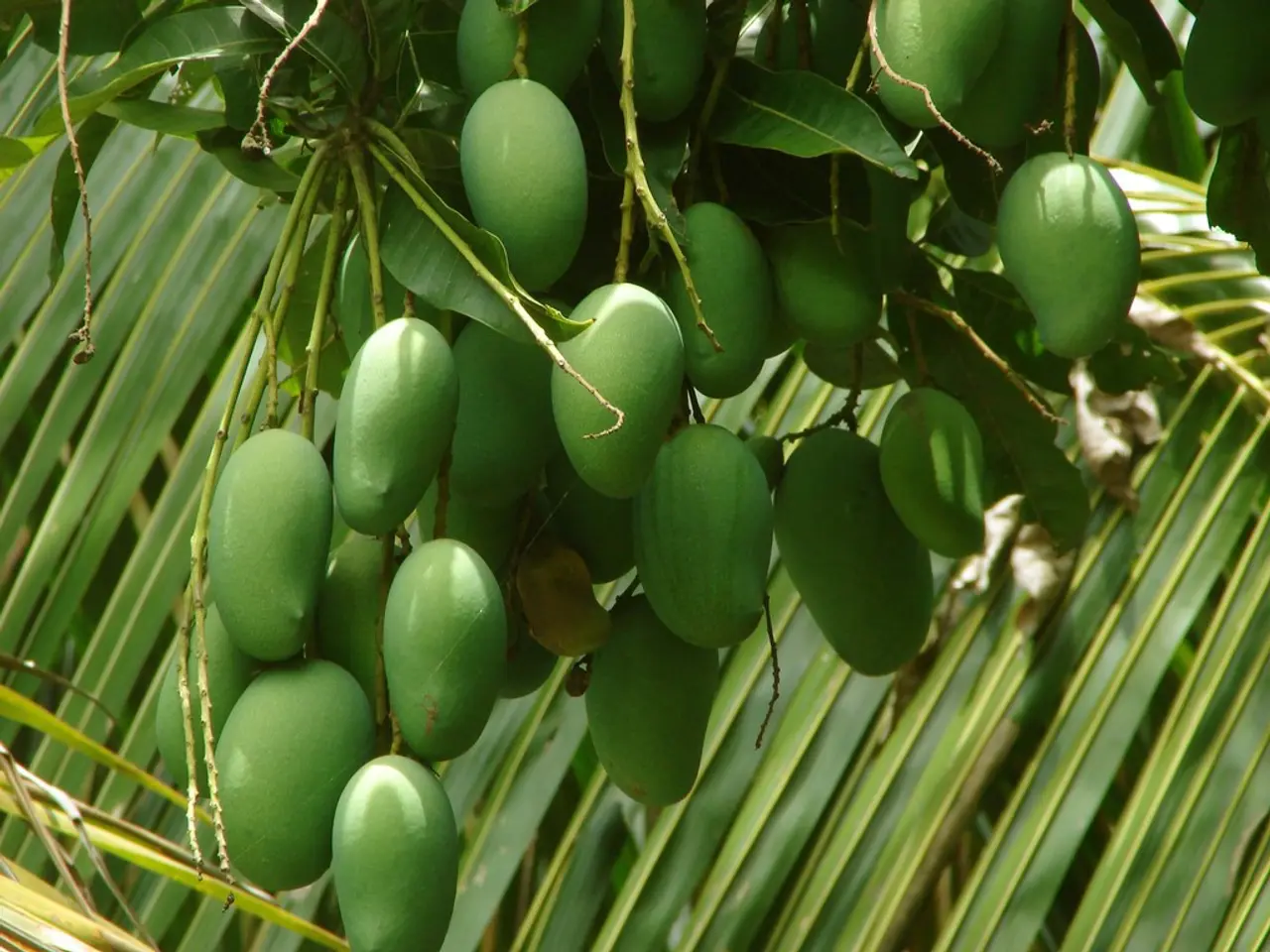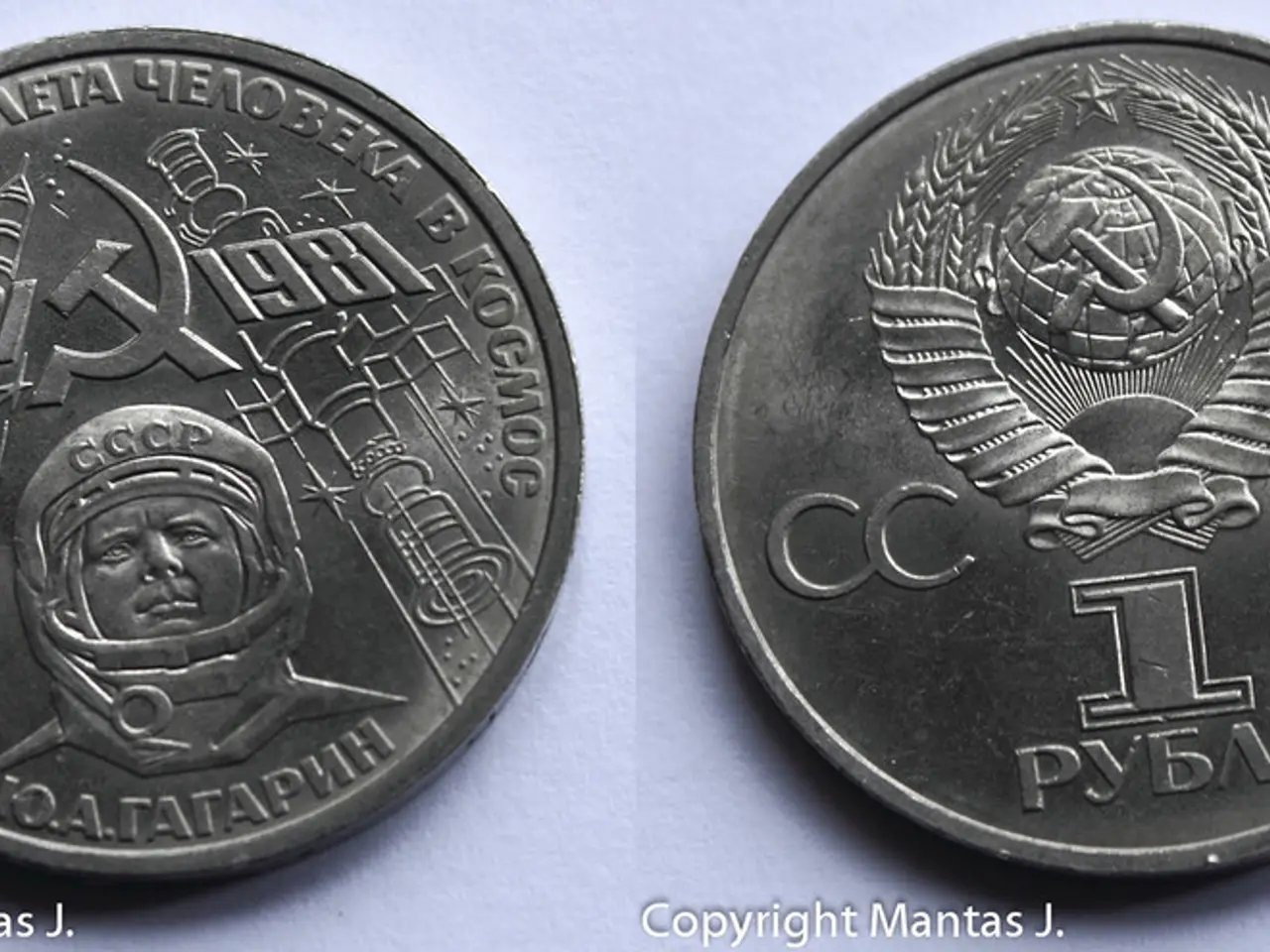Customs official clarifies allegations of ambiguous auction methodology
Concerns over Opacity in Ghanaian Port Auctions Prompt Calls for Transparency and Fairness
Freight forwarders in Ghana have voiced concerns over the secretive nature of the country's port auction process, calling for increased transparency and fairness to prevent abuse by certain syndicates.
Speaking to reporters, Forwarder Johnny Mantey, Chairman of the Tema Chapter of the Ghana Institute of Freight Forwarders, and Nana Fredua Agyemang Ofori-Atta, Acting President of the Customs Brokers Association, Ghana, have expressed their dissatisfaction with the ongoing operations of a syndicate that allegedly circumvents the proper auction process, causing confusion among importers and agents at the nation's ports.
In an interview, Nana Fredua Agyemang Ofori-Atta stated, "Despite the existence of standard operating procedures mentioned by Customs, there are numerous illicit dealings that occur in this area. Some individuals claim to represent various institutions, including National Security, using letters, and allegedly gain access to certain cargoes. It seems there are too many of them."
Forwarder Jonny Mantey added, "Our primary concern is clarity within the industry. If I have paid for and been granted recovery of my cargo, I should be able to reclaim it without undue complications. The laws as stated in Act 891 may not mirror the current practices on the ground. Therefore, it is crucial that we scrutinize this matter closely to prevent unauthorized persons from accessing overstayed cargoes. There have been instances where a cargo is granted recovery by Customs, but upon arrival at the port, the container is nowhere to be found, suggesting that an allocation was made without Customs' knowledge."
According to Mr. Ofori-Atta, the alleged syndicate has demonstrated a knack for identifying high-value goods among the cargo and gaining access to uncleared goods right at the end of the 14-day clearance grace period through mysterious means, which he suspects may involve covert assistance from state actors.
"There are even cases where importers have paid for duties at the last minute and are in the process of finding funds to pay for accrued rent, but before they realize, the containers have disappeared," he said.
While Mr. Mantey refrained from blaming Customs directly for these issues, he noted that the allocation of cargo does not fall under Customs' jurisdiction but rather a committee's, leaving Customs officials open to pressure from those who have paid duties but are unable to secure their cargoes.
A supervisor at the Vehicle Valuation Unit at the Customs Technical Services Bureau (CTSB) of the Customs Division of the Ghana Revenue Authority (GRA), Justice Yadjayime, has dispelled assertions that the customs auction process is shrouded in secrecy. In an appearance on Eye on Port, the Customs Official stated that the auction regime follows a transparent standard operating procedure.
The Customs Official further explained that the allocation of uncleared cargoes is permissible by law. Mr. Yadjayime said, "If you look at Customs Act 891, Section 93, it empowers the Commissioner or Commissioner General to use auctions or dispose of with any other method, including allocation."
He noted, however, that perishable goods can be distributed outside of the normal auction process. Mr. Yadjayime urged importers and their agents to become familiar with customs laws pertaining to auction procedures to ensure a smooth process.
Business leaders in Ghana's freight and shipping industry are demanding increased transparency and fairness in the country's port auctions, citing the allegedly opaque practices of a syndicate that manipulates the system.
Finance and business operations within Ghana's port industry are facing challenges due to the secretive nature of the port auction process, with instances of high-value goods being mysteriously taken by the syndicate during the final stages of the 14-day clearance grace period.





